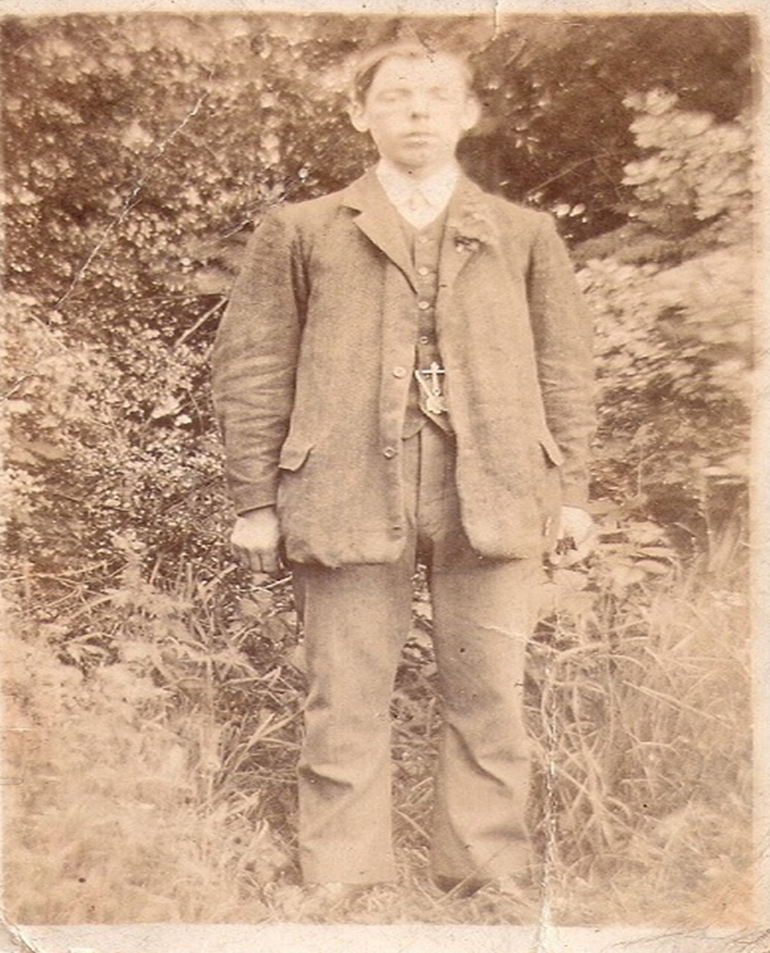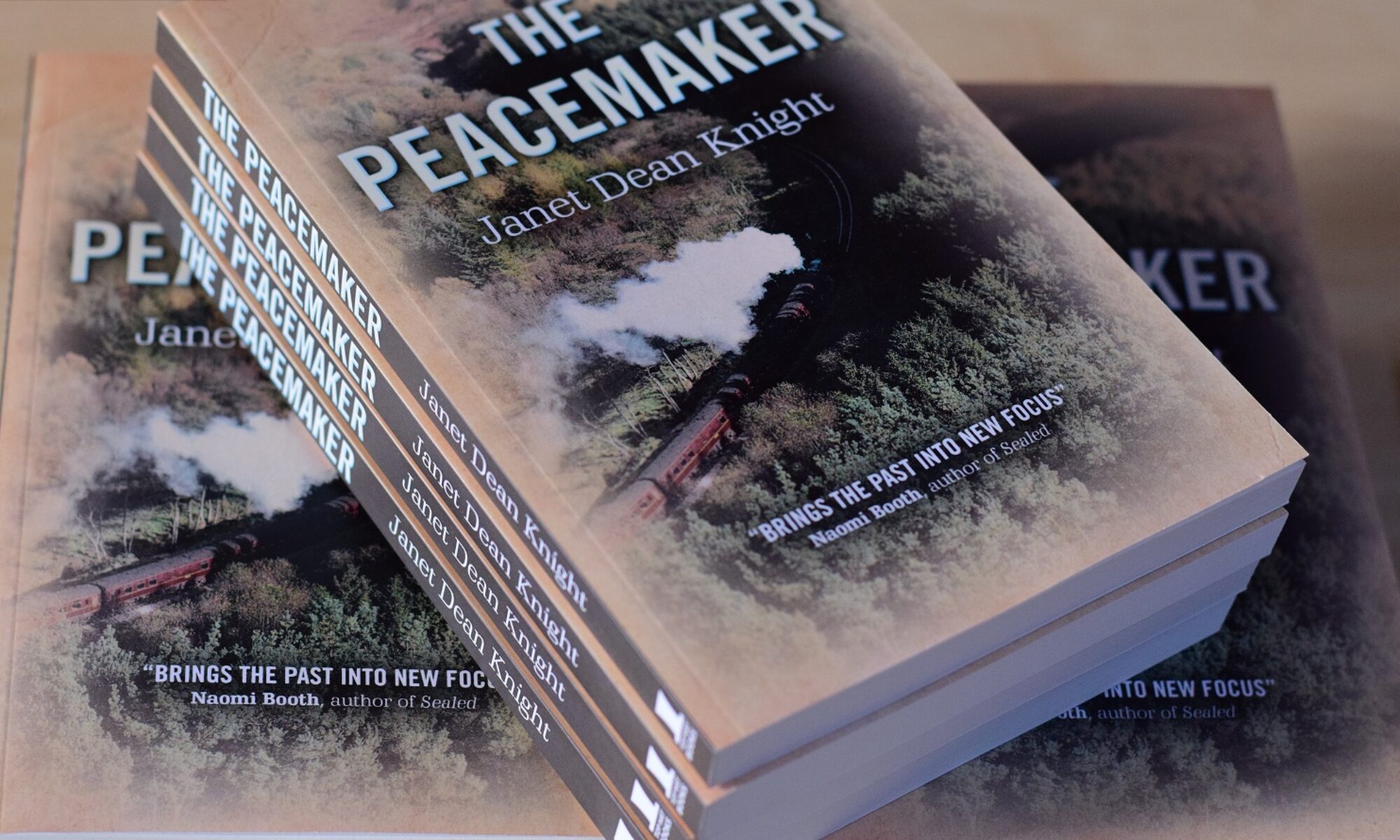
When I started writing The Peacemaker I thought of it as the story of a mother and daughter whose lives would take a parallel course as the Second World War followed the First. I based the characters on my mother and grandmother but created a fictional story to deal with contemporary issues, primarily sexual assault and victim blaming. I expected the character based on my grandfather to play the role of a miserable, drunken and abusive man at war with his daughter.
However, as I researched the life of my grandfather, including the circumstances of his birth and his First World War record, I found events which led me to believe that his drinking and his temper, his surly character and low mood might be attributable to mental health problems, including what we now call Post Traumatic Stress Disorder (PTSD).
As a young child (my grandfather died when I was just seven), I used to visit him with my mother and I would sit on his lap or play at his feet with a tin of three medals – a star, and what looked to me like a gold and silver coins – all dangling from rainbow ribbons. If he had talked about the war, I would have been too young to remember, but my mother never mentioned it, so I assume that he didn’t speak much about it to her. Anything he had said would certainly have been passed on, good or bad, as there was little my mother left unspoken.
When I researched his history as background for my character Ellis Lowther, I found that my grandfather had survived most of the major battles of the Great War, and had been back and forth between France and the North York Moors for almost the whole four years. I cannot imagine that he would not, like most returning soldiers, have been completely traumatized by his experience. It is possible that he had PTSD. Certainly I feel now that his drinking was exacerbated by his trauma and, like other members of my family after him, he probably used alcohol to deal with difficulties in his life including mental health problems. Drugs and alcohol are severe risks for people with poor mental health, and in turn can lead to psychoses and long term mental health conditions.
But deeper research into my grandfather’s life led me to consider how his birth and childhood has contributed to his experience of mental anguish and trauma. I discovered that his father, Frederick Lythe, had died as a result of a mining accident when Enos was just a year old, leaving a widow and six children. Most of my family come from very poor backgrounds, but there must have been terrible poverty experienced by Fred’s widow Jane with so many mouths to feed. I don’t know how she coped, but in my book I imagine her struggling around the turn of the 20th century when the Victorian workhouses still offered the only safety net for the desperately poor. I know that previous generations of my grandfather’s family had been in the workhouse, and although I have no evidence that Enos experienced such a place for himself, he certainly transmitted his fear of the workhouse to his daughters.
I have had experience of depression since I was a teenager, and although I have managed it reasonably well with medication, I know how difficult it is to acknowledge publicly. For men from a working class background I think it is particularly hard, and in recognizing that my grandfather probably drank as a way of dealing with his own problems, I came to understand him more, to care about him, and hopefully in writing sympathetically about him, to restore his reputation.
There are several great organisations supporting people with mental health problems, the one I know best is Mind.
